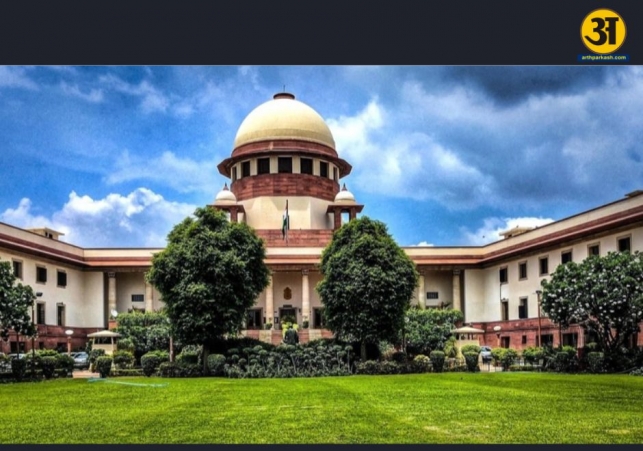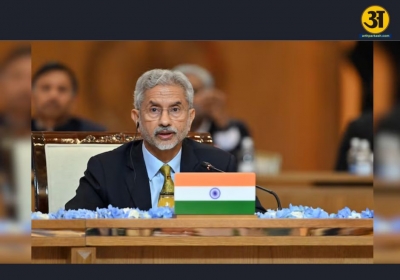
SC: bail conditions can't allow Police surveillance, upholds privacy rights
Supreme Court rules no bail conditions permitting police surveillance to protect privacy
- By Gurmehar --
- Monday, 08 Jul, 2024
The Supreme Court recently made a significant ruling regarding bail conditions that infringe on privacy rights. Justices AS Oka and Ujjal Bhuyan highlighted that bail terms allowing police to constantly monitor an accused person's movements and access private information violate constitutional privacy protections.
Privacy rights emphasized in Court ruling:
The court's decision stemmed from a case where bail was granted under the condition that the accused share their real-time location via Google Maps with law enforcement. Justices Oka and Bhuyan asserted that such a requirement crosses the line by intruding into the personal privacy of the accused. They emphasized that bail conditions must not undermine the very purpose of granting bail, which is to provide temporary freedom pending trial without undue restrictions.
ALSO READ: Modi and Starmer commit to accelerate Free Trade Agreement negotiations
During the announcement of the judgment, Justice Oka underscored that even seemingly innocuous measures like sharing a Google pin can compromise the privacy and autonomy of individuals facing legal proceedings. He stressed that no bail condition should allow authorities to delve into the private lives of those accused of crimes.
Implications and next steps:
The Supreme Court's detailed written judgment, elaborating on the reasoning behind their decision, is expected to be released later. This ruling is likely to set a precedent, guiding lower courts on the boundaries of permissible bail conditions concerning privacy concerns.
ALSO READ: India's Defence production reaches record ₹1.27 lakh crore
The case underscores ongoing debates surrounding the balance between law enforcement needs and individual rights, particularly in the digital age where technological surveillance capabilities raise complex legal and ethical questions. Privacy advocates and legal experts have welcomed the court's stance, viewing it as a crucial safeguard against potential abuses of power and erosion of personal privacy in criminal justice proceedings.
In conclusion, the Supreme Court's ruling reaffirms the fundamental right to privacy and underscores the importance of crafting bail conditions that respect this right while ensuring judicial oversight and public safety considerations.





